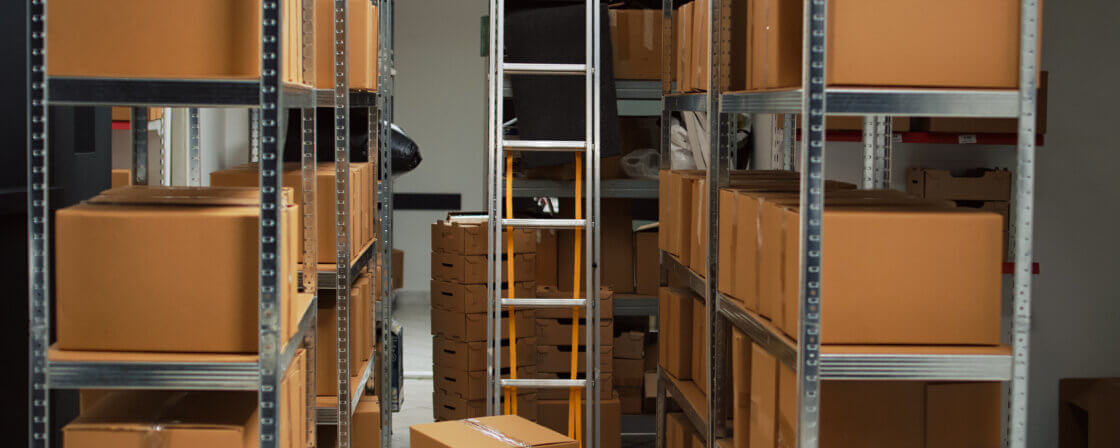What is a business (corporate) account
A business account, also referred to as a corporate account, is a bank account designed for entrepreneurs and businesses. The main function of this account is to facilitate and streamline the management of financial transactions related to the business, such as receipts from customers, payments to suppliers, operating expenses, etc.
Who needs to have a business account
Self-employed persons are not required to have a separate account for their business. They are liable for their business with all their personal assets. However, this does not mean that they do not need a business account.
However, those who must have a business account are legal persons. This includes, in particular, various types of companies such as joint stock companies or limited liability companies, which usually put their share capital there, as well as various organisations such as associations, societies or foundations.
Are you solving a similar problem?
Are you considering setting up an LLC?
Let the experts help you. The company you set up, including the memorandum or articles of association, will be exactly what you need for your business from the start. If you buy an existing company, you can never know its past in detail and risk unwanted liabilities or other historical residue. With our company, you are guaranteed that nothing unwanted will be associated with your business.
I want to help
- When you order, you know what you will get and how much it will cost.
- We handle everything online or in person at one of our 6 offices.
- We handle 8 out of 10 requests within 2 working days.
- We have specialists for every field of law.
What’s the difference between a business account and a current account
A business account and a current account differ primarily in their purpose and focus, which corresponds to the needs of their users. The main differences are:
The purpose of the account
A business account is designed to manage financial transactions related to the business, such as payments from customers, operating expenses, payments to suppliers and other business transactions.
The current account is primarily used for normal personal financial transactions such as household expenses, income from business activities, accounting records for personal expenses, etc.
Available services
Business accounts are usually supplemented by specialized banking products and services for business. They often offer better visibility and filtering of income and expenses, simplified transactions or the ability to create and process invoices or link the account to another billing service.
On the other hand, a checking account includes only basic banking services for personal use, such as credit cards, transfers between accounts, online banking for personal transactions, etc.
Availability
A business account can be set up by both an entrepreneurial natural person (self-employed) and a legal entity (e.g. s.r.o., a.s., cooperatives).
Current account is available only for natural persons.
The amount of fees
Business accounts often have higher fees for maintaining and operating the account than current accounts. This is due to the greater load on the business account in terms of types and numbers of transactions, the high need for specialised services and the higher demands on bank support. Fees are usually in the tens to hundreds of crowns.
It is no longer a problem to set up a free business account with many banks. However, this usually only applies up to a certain number of transactions, etc. Similarly, you probably can’t avoid fees for various extra services.
A current account has lower or no fees because it only provides current services.
Why it pays to have a business account
- Department of Personal and Business Finance: A business account allows you to clearly separate business-related financial transactions from personal finances. This allows you to keep better track of your income and expenses. At the same time, a business account is also beneficial for clear accounting, tax management and other legal obligations.
- Easier tracking of business transactions: Business accounts provide better structured reports of your business expenses, income and transactions. This makes cash flow monitoring, cost analysis and financial planning easier.
- Access to specialized banking services: Banks often offer special products and services for business accounts, such as enhanced features for business payments, invoicing options, etc.
- Drawing on business credit: A business account can serve as the basis for applying for business loans. Banks often require detailed information about the financial history of the business, which can be easily provided through a business account.
How to choose the best business account
Choosing the best business account depends on many factors and your preferences. You should consider the following factors before you sign up for one:
- Your needs: define what your business needs are. Consider the frequency of transactions, types of payments (e.g. international payments), need for credit products, and other services such as the ability to invoice directly in the banking app.
- Fee levels: Compare fees for account maintenance, transactions, cash withdrawals and other services. Also ask about possible overdraft fees, currency transfers and other special transactions your business may require.
- Terms and requirements. Find out what documents you’ll need (e.g., business registration statement, business license) and what the minimum deposit or monthly income requirements are.
- Services provided: find out what additional services the bank offers for the business account. These include business cards, online payment options, direct debit, loan products, financial advice and other specialised business services.
- Customer reviews. You will get a better idea of the quality of service, level of customer support and satisfaction with the bank.
- Flexibility. A banking institution that allows you to easily expand services or adapt the account to your growing needs may be a better choice in the long run than a more rigid account.
How to open a business account
The process for opening a business account varies from bank to bank, and it also varies based on whether you want to open it as an individual (self-employed) or a legal entity (a corporation).
Setting up a business account for a self-employed person
If you are setting up a business account as an individual, you will probably only need to present your ID card and business license. Often you don’t even have to go to the bank in person, but everything can be done completely online.
Setting up a business account for a company
If you need to open a business account as a company, the bank will require you to provide documents relating to your company (e.g. an extract from the commercial register, articles of association, articles of incorporation, a statement of beneficial ownership or a notarial deed). You will also need your personal identification document (e.g. ID card).
Again, many banks offer the possibility to open a business account completely online.
Summary
A business account is designed to manage business-related financial transactions such as customer receipts, payments to suppliers and operating expenses. Legal persons are required to have a business account, while self-employed persons are not.
The main differences between a business account and a current account lie in their purpose and the services they provide. A business account offers specialised functions and provides a better overview of transactions. It often comes with higher fees, although some banks offer business accounts free of charge, but usually with certain restrictions.
When choosing an account, it’s important to consider the needs of your business, the level of fees and the features available. The process for setting one up is simple – self-employed people usually only need an ID and a business license, while corporations must supply company documents. Most banks today offer the option of opening an account online.




